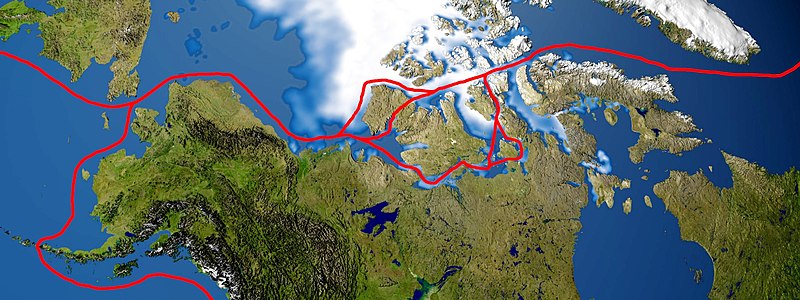One team that is taking part in the race has much bigger goals than simply just completing the journey to Hawaii however. The duo of Clément Heliot and Christophe Papillon, collectively known as CC4Pacific, are looking to raise awareness of the threats to the ocean, while also raising funds to help clean it up.
At the ages 25 and 27 respectively, Clément and Christophe are the youngest team to enter the race. They also have no ocean rowing or sailing experience to speak of. But they are passionate adventurers who enjoy a challenge and exploring the world around them under their own power. In 2010, they rode their bikes across Europe, creating a documentary film as they went, and covering more than 4000 km (2485 miles) in just two months time. It was on that journey that a bond of friendship was formed, and the two cousins hatched the idea of rowing across an ocean.
Fast forward a few years, and they are now preparing to set off on the Great Pacific Race, which is scheduled to start on June 7. As part of their efforts to take part in the race, the CC4Pacific team is attempting to raise €50,000 (about $69,000), which they will donate to efforts to clean up the ocean. As most of you probably already know, the Pacific is filled with trash, much of it ending up in the Great Pacific Garbage Patch. With those efforts in mind, they have launched a crowdsourcing campaign to help reach their goals.
With the race still more than two months off, there is lot of work to be done for all of the teams involved. But June will be here before we know it, and this new adventure will be underway. It should certainly be fun to follow CC4Pacific and the other teams in the weeks ahead.
















